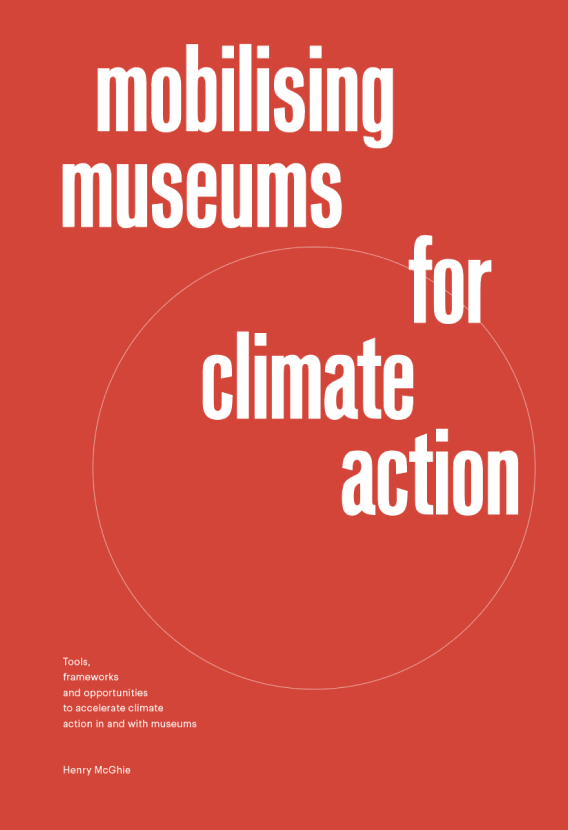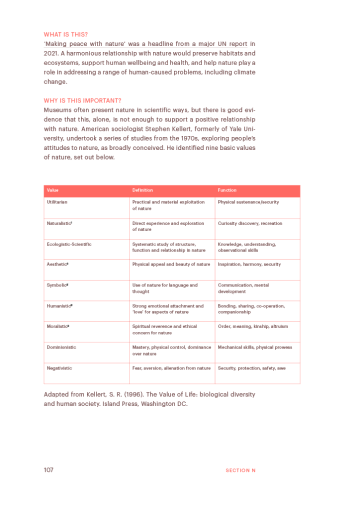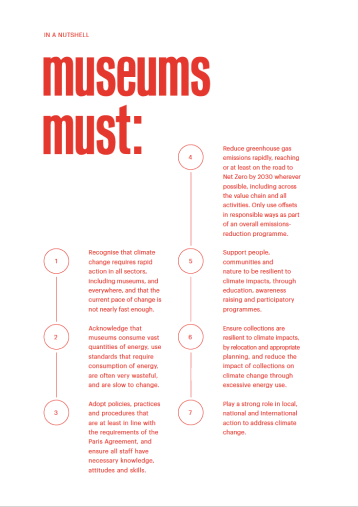Common but differentiated responsibilities
( Toolbox )
WHAT IS THIS?
The UNFCCC, Paris Agreement, and Agenda 2030 and the SDGs, all note the principle of ‘Common But Differentiated Responsibilities’ to address climate change. This is a recognition that 1. countries bear unequal responsibility for causing climate change, 2. that countries have benefited unequally from centuries of exploitation of the environment and other countries, often through imperialism or colonialism, and 3. that countries that have undergone most economic development should support other countries to undergo economic development in ways that do not further damage the climate, and adapt to climate change.
WHY IS IT IMPORTANT?
The principle of ‘Common But Differentiated Responsibilities’ is important in that it helps ensure that countries can develop economically but in ways that do not rely on dirty fuels, which will cause further climate change. High-income countries committed to provide financial support to developing countries as signatories to the Paris Agreement, to support the uptake of reliable and green sources of energy, and to adapt to climate change impacts.
HOW DOES THIS RELATE TO MUSEUMS?
Museums in high-income countries were generally built with money that came from industrial development. Large cities typically have large museums. The largest cities typically have the largest museums. This is a form of inequality, where wealth flowed to the centres of power, and was used to develop public institutions. However, inequality is not only a reflection of past actions, but recreated and perpetuated through decisions made now, for example through the industrial activity supported through museums’ investments and pension funds. This is very far from a rights-based situation (where everyone has equal rights and access to their cultural resources, and to a steadily better future for all).
- Museums in large economies have a special – moral – responsibility to support their own country and other countries to reduce greenhouse gas emissions at least in line with science-based targets, and prepare for climate impacts.
- Large museums are more responsible for climate change than small ones. They should act even faster than others.
- Large museums should support small museums to mitigate and adapt to climate change, through sharing equipment, personnel, skills, knowledge and other resources.
- Small museums should expect support from large museums.
- Museums in developing countries should receive support from museums in high-income countries, through sharing of equipment, personnel, skills, knowledge and other resources.
- Museums in high-income countries should educate people about the imbalance of wealth worldwide, and the need to support developing countries.
- Museums should raise awareness of how overseas aid is spent, to build public support for overseas development assistance.
- Museums should be aware of how their investments – pension funds and endowments – and sponsorship relationships are either supporting a sustainable future or causing further social and environmental destruction, and invest in ways that support the transition to a green economy.
See sections on:
Human rights and climate change (section g)
Climate justice (section h)
Just transition (section i)


